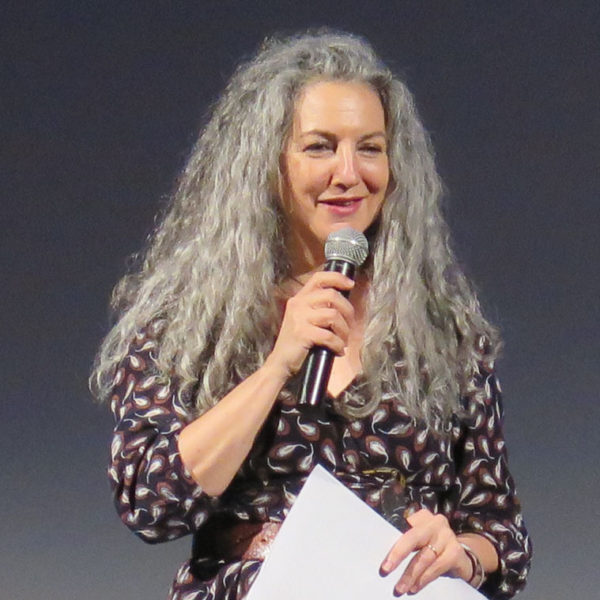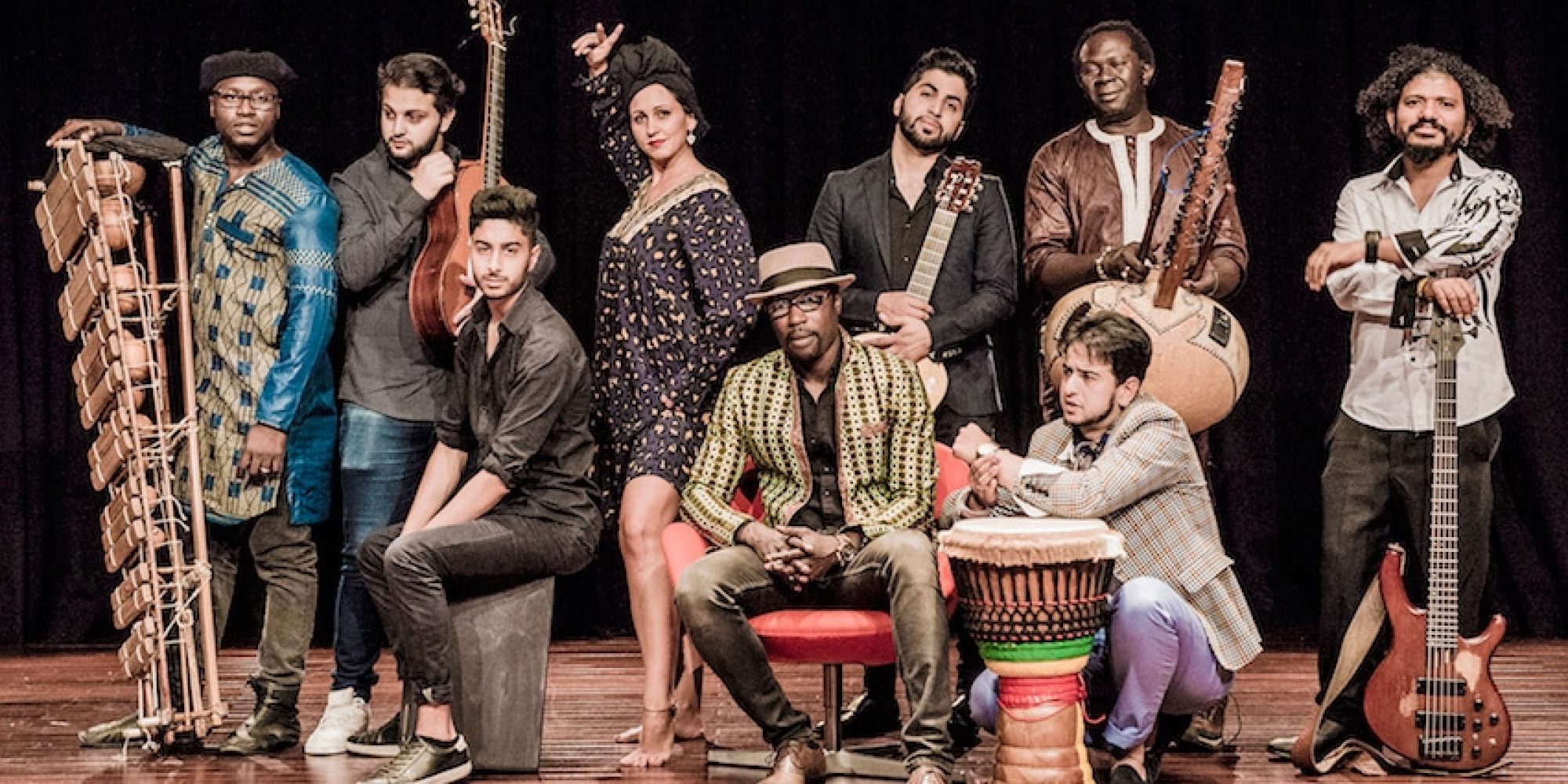Sidi Samb is a veteran Senegalese bandleader who has long made his home in Spain, where he developed a deep love for and familiarity with flamenco music and dance. Samb has been leading his own band Afroflamenco for over 20 years, and finally, the band is coming to the United States this fall, including a stop at Joe’s Pub in New York on September 21. At WOMEX in 2022, Afropop’s Banning Eyre had a chance to chat with Sidi Samb about the band. Here’s their conversation.
Banning Eyre: Sidi, very good to see you again.
Sidi Samb: Good to see you too.
The last time we spoke was the first time I had heard of Afroflamenco. Tell us how the idea started, beginning with where are you live now.
I live in Seville. I've been there almost 30 years. I grew up in African music. I come from a griot family. My mother was a singer of traditional Senegalese music. So I grew up with our traditional music. It's in my blood. I came to Spain in the 1990s. I knew that it was the capital of flamenco music. So right away I started to blend flamenco with African music. I started out in a group called Mártires del Compás. We released three albums together. [Flamenco Billy (1995), Singing is prohibited (1996) and To the Beat of the Painful Wound(1998)] After those three albums, I started my solo career, and I started releasing albums on my own. The most recent one is Dem Dikk.
I’ve heard it. It's a great album. So were you always interested in flamenco, even before you came to Seville?
The first time I ever heard flamenco was in France. I went there with my father. We were in the market in Dijon and I heard the singer Camerón de la Isla. This was gypsy music being played in the market, and I was really struck by it. Then when I went to Spain for the first time in 1992 I learned that Seville was the capital of flamenco. So it was kind of fate that brought me here. First I got interested in the music, and then I started to learn it.
You really have to study this music.
Yes. Flamenco is difficult. So I did study it. What makes this music work? What is the dancing like? What are the songs, the melodies, the harmonies? So my interest in the music inevitably got me interested in the culture. I don't really know how this happened. But my gypsy friends now tell me, "You are like us."
That’s fascinating. There are some tracks on the album where I can really feel Senegalese mbalax music vibing with flamenco. What's the connection musically? Is it easy to merge these rhythms? Or are there challenges?
Flamenco has its own rhythms. solea, buleria, siguiriyas, tango, rumba... Like I said, flamenco is very difficult. In mbalax too, there are many rhythms. There is farwu jar, cebu jën, baar mbaye, lëmbël, so many rhythms. But specifically, the buleria is a rhythm that fits well with one of our rhythms called ndech. (He demonstrates the two ternary rhythms.)
Is there a song on your album that demonstrates that?
Yes. We did the song “Njitt" with the singer Tomasita. We did that mix together. This is a rhythm well-known to us griots.
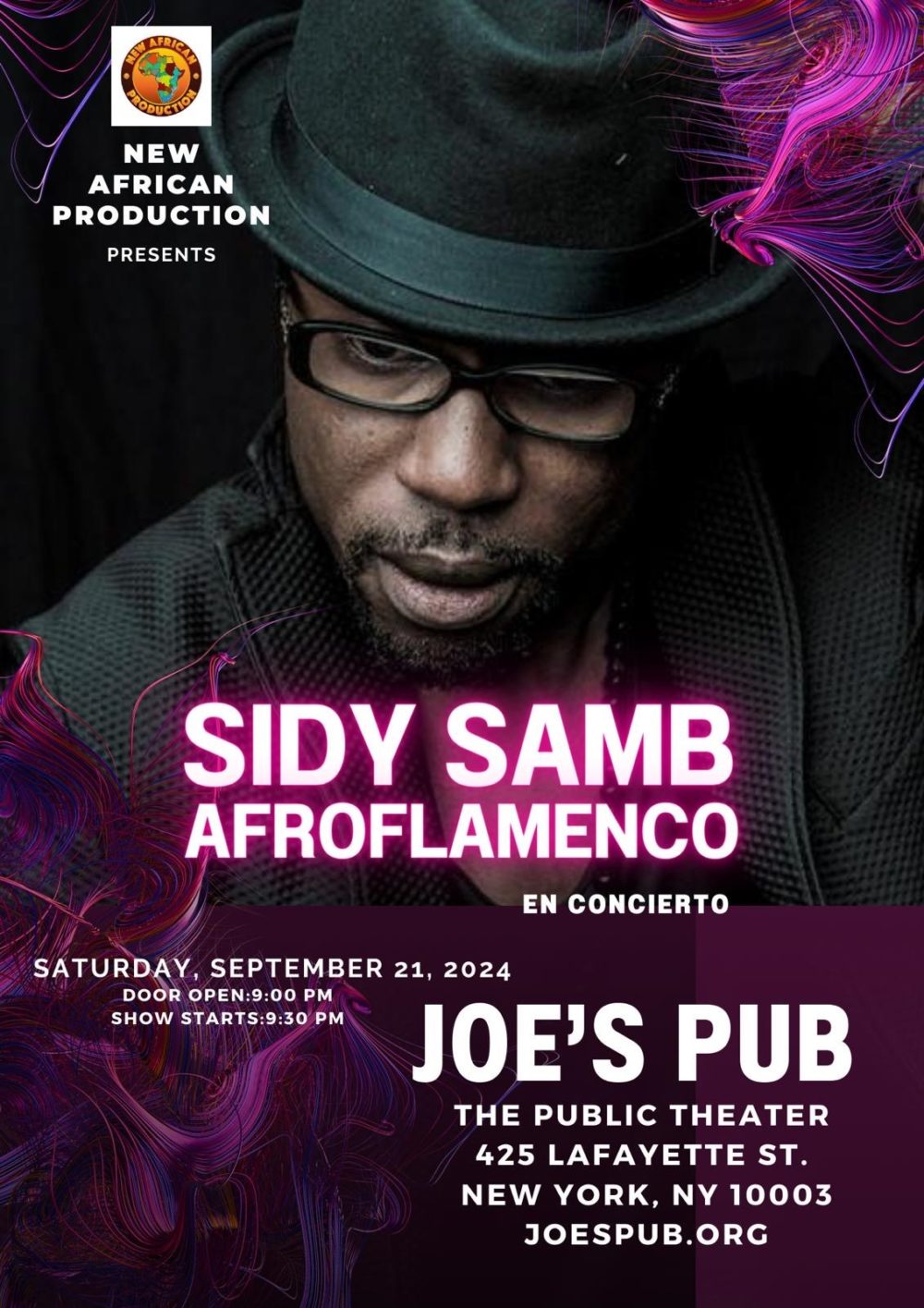
Tell us about this album.
This is a record to show the whole world that music has no boarders. You can find a Spanish person born in Asia, and the connection is still there. Music is our universal language. When I play music, I can connect with Portuguese people, with Germans, with Americans. Only music can do that. So I want to show the rest of the world that we are Africans, but we do the same thing. The Spanish people have really gotten this message.
And what about in Senegal? Have you played there?
Yes. We started a flamenco festival in 2017.
Really? In Dakar?
That's right. We had flamenco groups, and afterwards our group played and the Senegalese public received it very well. In the past in Senegal, we had groups that played rumba and salsa. So there are these connections. We’ve done three editions of the festival and we're planning to do more with New Africa Productions. We very much want to continue this festival. Their workshop and concerts. We're very committed to continuing this mix.
Tell me about a couple of songs on the album.
Ok, there's "Guerrrero." That's a song that talks about clandestine immigration, people who cross the ocean in small boats to a country they know nothing about. We made this one with a very good gypsy guitar player, Raimundo Amador. He played with B.B. King, and all sorts of people. There's also “Sunu," a song that talks about our culture, our way of doing things. We must not lose that. We are Africans so we can't lose our culture. We must defend it. We Africans can't go to Europe and leave our culture behind. We must always be there to make our culture known. For the next generation, this is very important. If you don't have your culture, you have no identity.
Understood. I must say I'm impressed that you've been able to bring this idea to Senegal in a festival. I guess that shows this is an idea that really works.
Yes. People appreciate it. They are always asking when the next one's going to be. Obviously the pandemic was a problem, but we're still working on it.
Great. We can't wait to see you in the U.S.
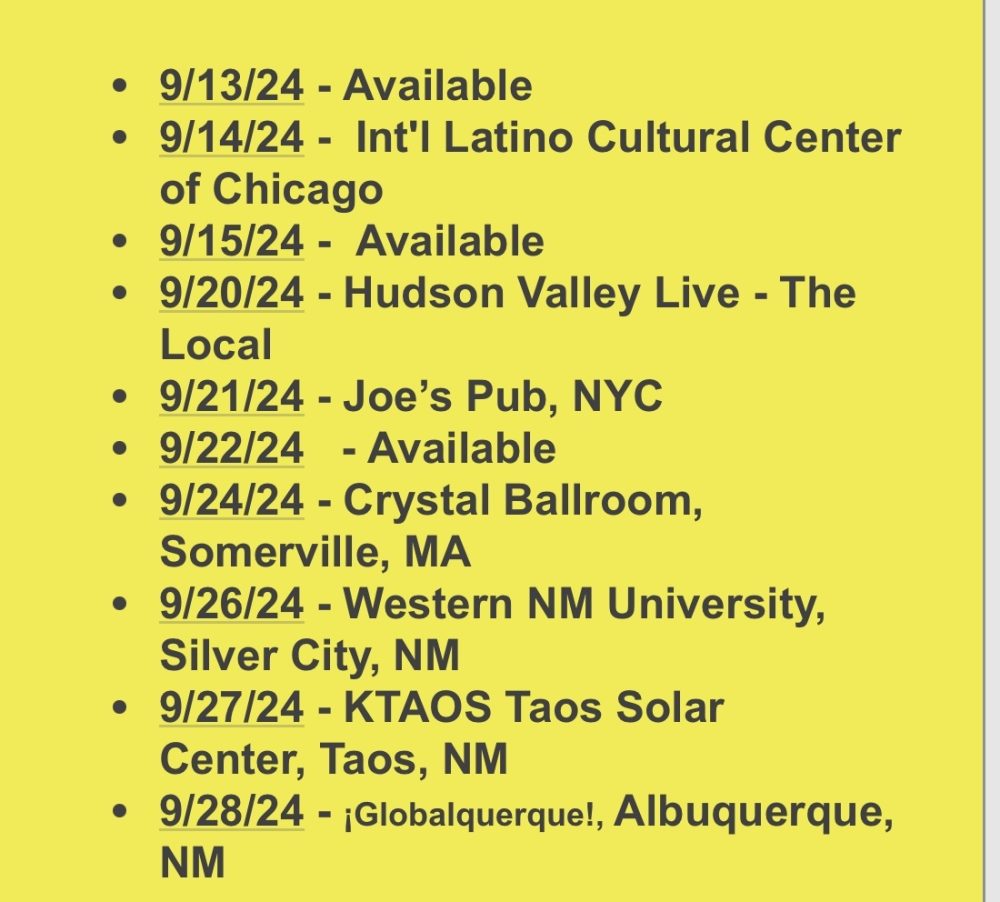
Related Audio Programs
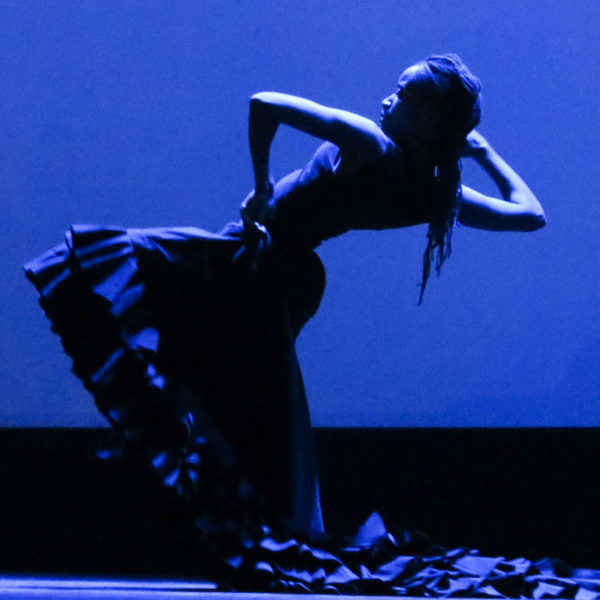
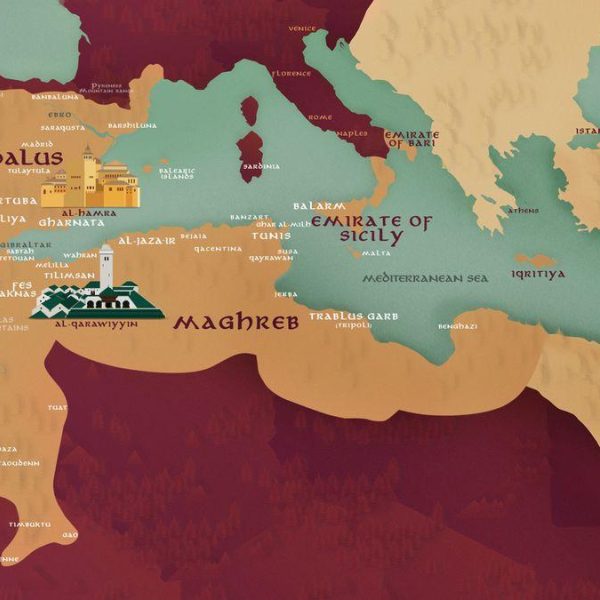
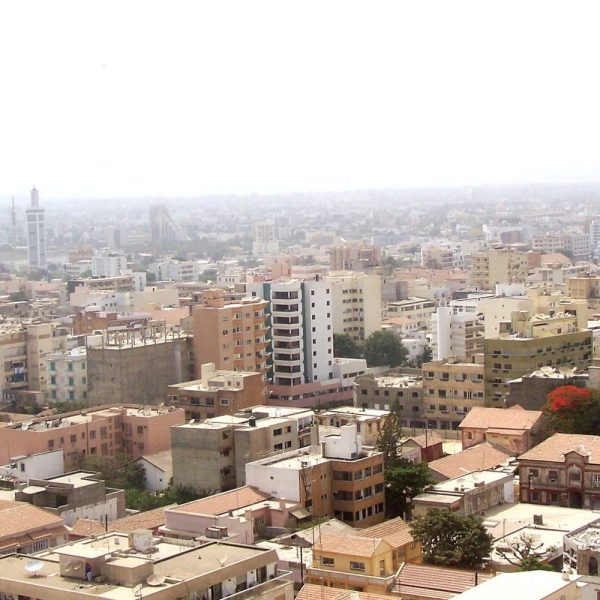
Related Articles
